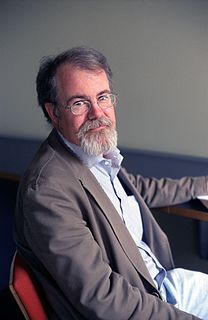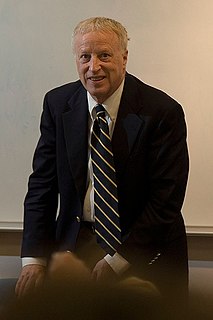A Quote by William Easterly
Peter Montiel has long set the highest standard for lucid textbooks on the macroeconomics of developing countries. Now in this new edition of his superb classic Macroeconomics in Emerging Markets, he has surpassed even himself. He uniquely fills the gap between rich-country-obsessed macro- and micro-obsessed developing-country analysis. No student of the macroeconomics of development will henceforward be able to do without this book.
Quote Topics
Related Quotes
The typical big Japanese company has somewhere between a third and 40 percent of its revenues coming from developing countries, and about a third of Japan's exports are also to the emerging countries, so in a strange way, Japan, which has very little internal growth, its big companies are a good way to play the emerging markets.
The massive corruption common in so many developing countries would be quite impossible if Western countries did not provide convenient opportunities to ship ill-gotten funds out of the country. It wouldn't make much sense for a ruler to store in his basement large quantities of stolen cash in his own country's currency. A corrupt ruler wants to be able to keep this money safe and to be able to spend it. And for this, he needs to convert it into a Western currency and store it in a bank abroad, where it can also earn investment returns and be bequeathed to his heirs.

































